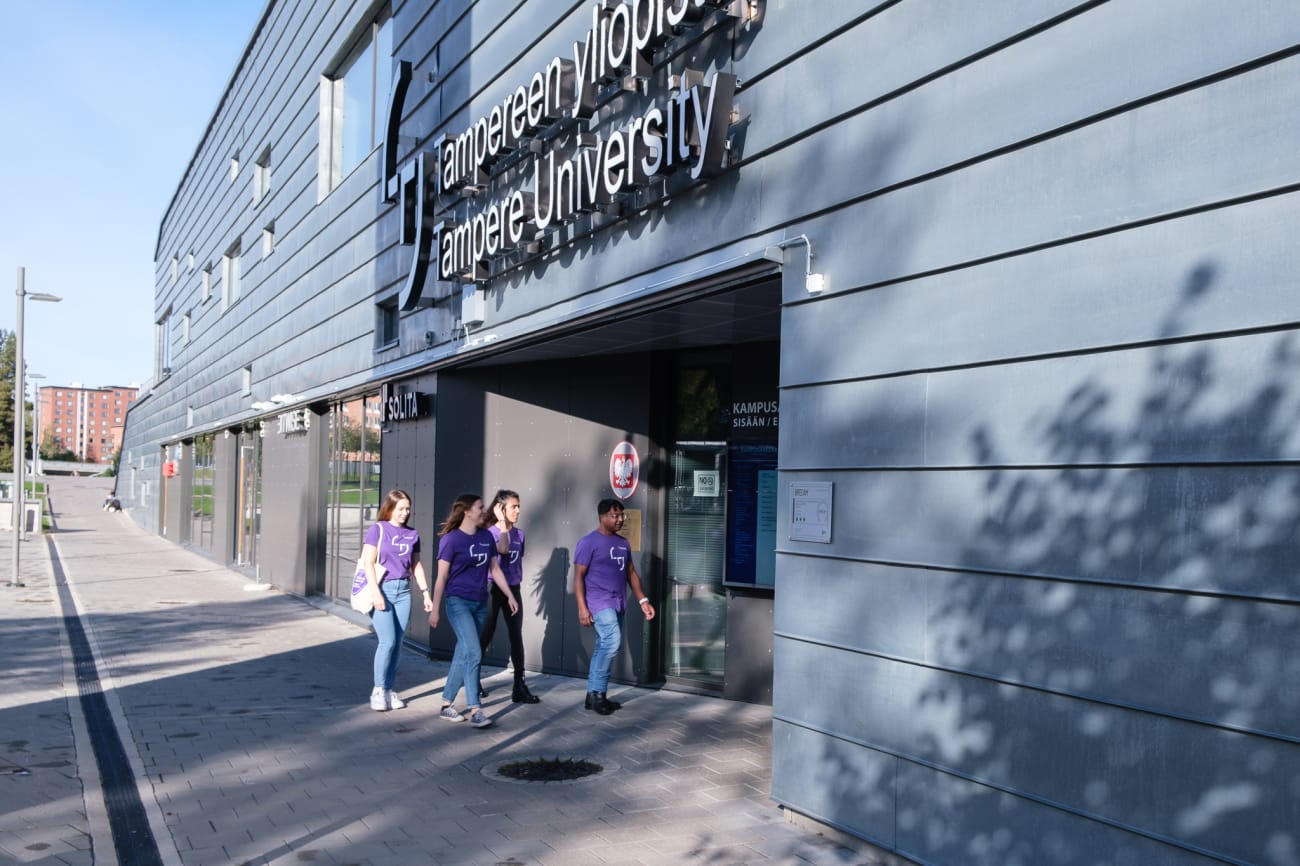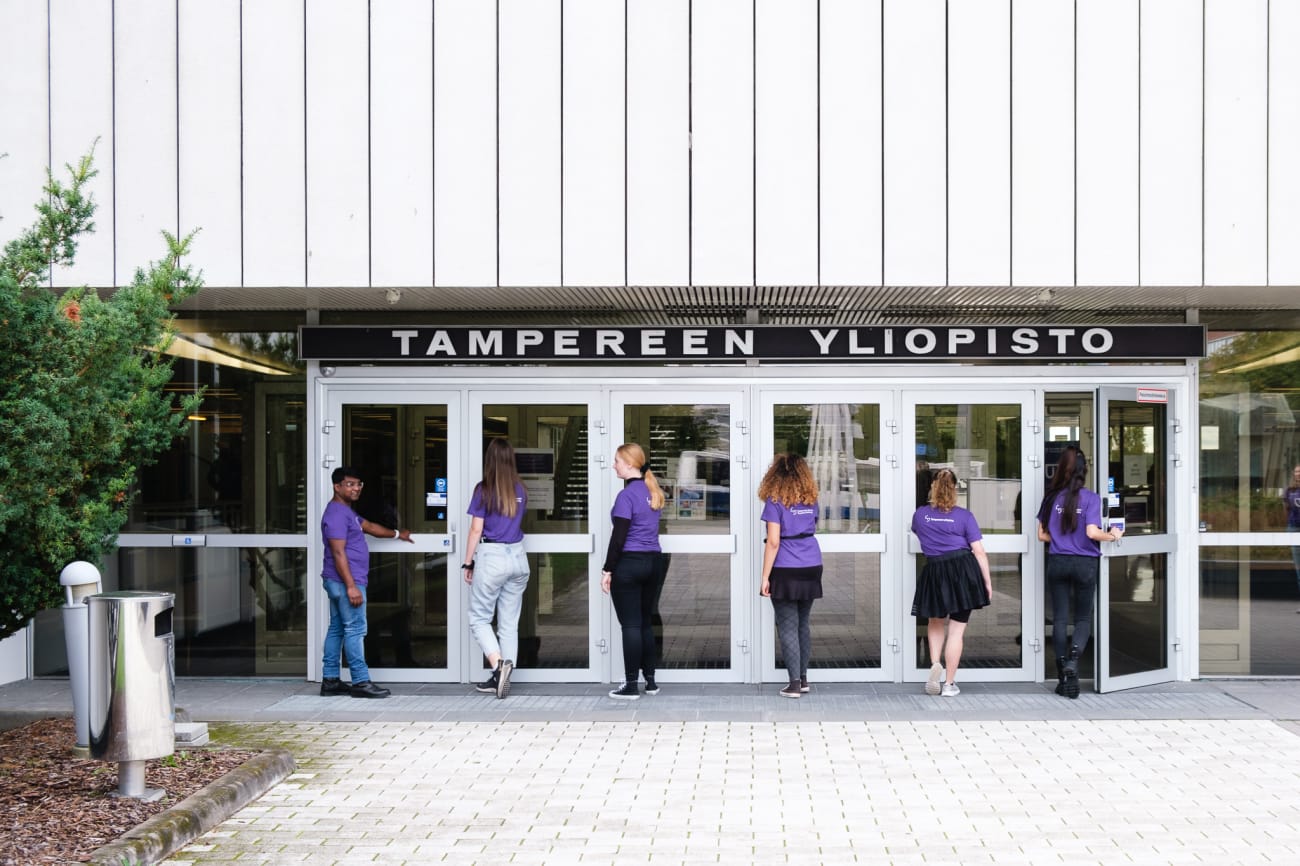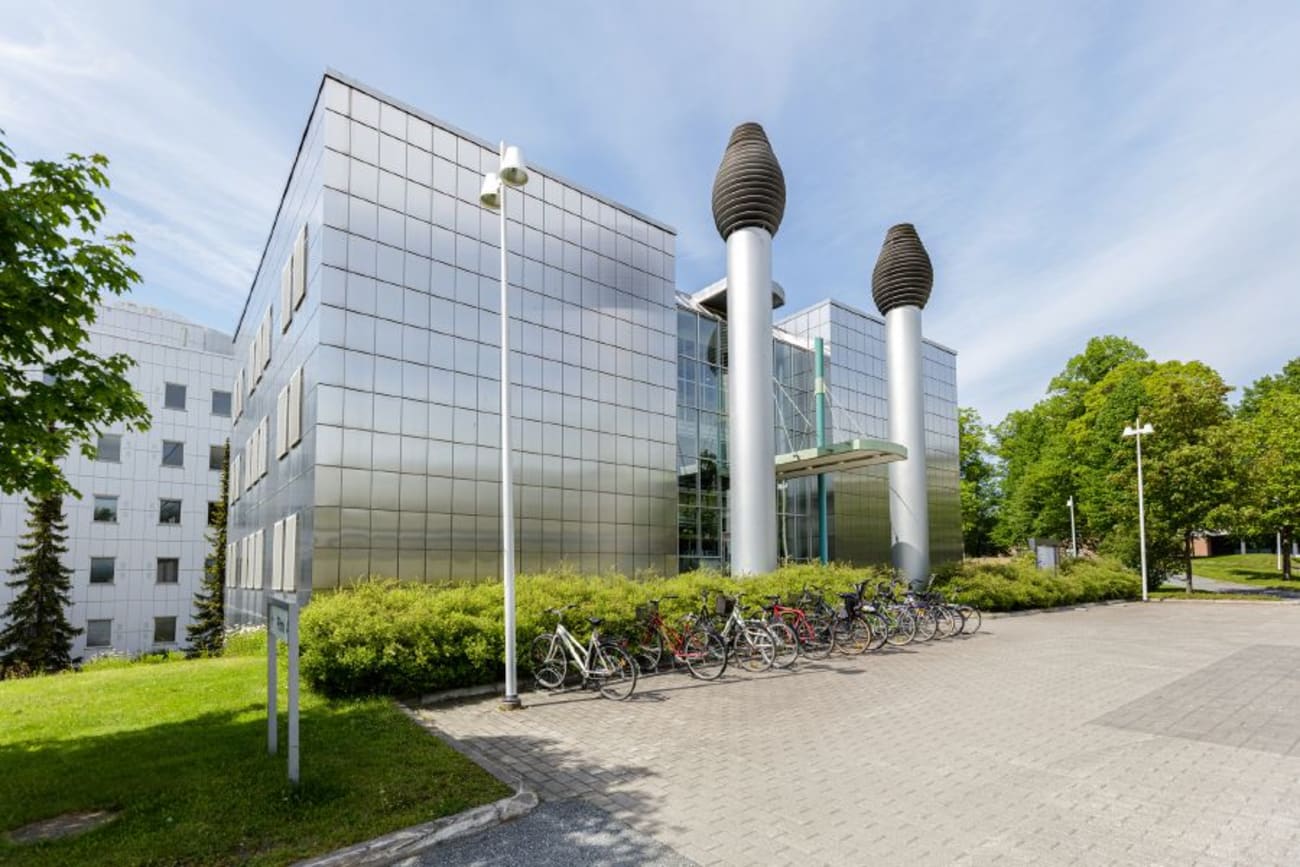
Tampere University

Introduction
Human potential unlimited.
Tampere University is the second largest research university in Finland. We offer a wide selection of programmes in English at all academic levels.
Tampere University was formed at the beginning of 2019 when two previously separate universities, Tampere University of Technology and the University of Tampere, merged into one. The University of Tampere was first established in 1925 and Tampere University of Technology in 1965. Thus, Tampere University has many decades’ experience in educating university students.
Bachelor's Programmes in English
Tampere University offers a selection of bachelor's programmes taught entirely in English. As a bachelor’s student you will receive a world-class education in a unique learning environment. Tampere University is a perfect institution to start your university education.
Over 30 Master’s Programmes in English
Tampere University offers various inspiring master's programmes conducted in English. Master studies at Tampere University provide you with high-quality education and give you excellent opportunities to form a global network of both professional and academic colleagues, invaluable for your future career.
Doctoral Programmes
Our doctoral education is based on the latest research knowledge and close collaboration with society, industry and working life. The Doctoral School and doctoral programmes offer high-quality learning and research opportunities.
Research at the University
Research at Tampere University focuses especially on topics related to technology, health, and society. Numerous research groups and networks operate in our community conducting multidisciplinary and diverse studies across organisational boundaries.
The research undertaken at our Centres of Excellences (CoE) ranges from game culture studies to tumour genetics.
Our missions in research, development, and innovation are to maintain a just and participatory society, to promote health and well-being for all sections of the population, to build efficient and safe environments, and to ensure that social responsibility is respected also in the turmoil caused by digitalisation and the transformation of work.












